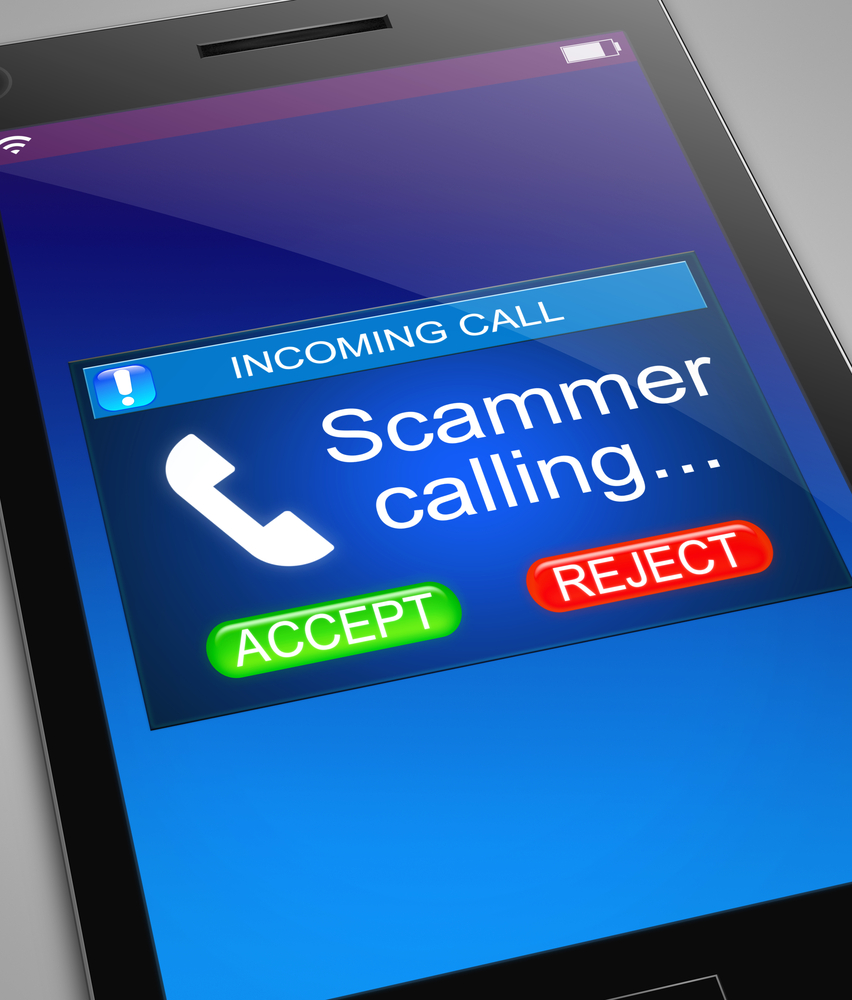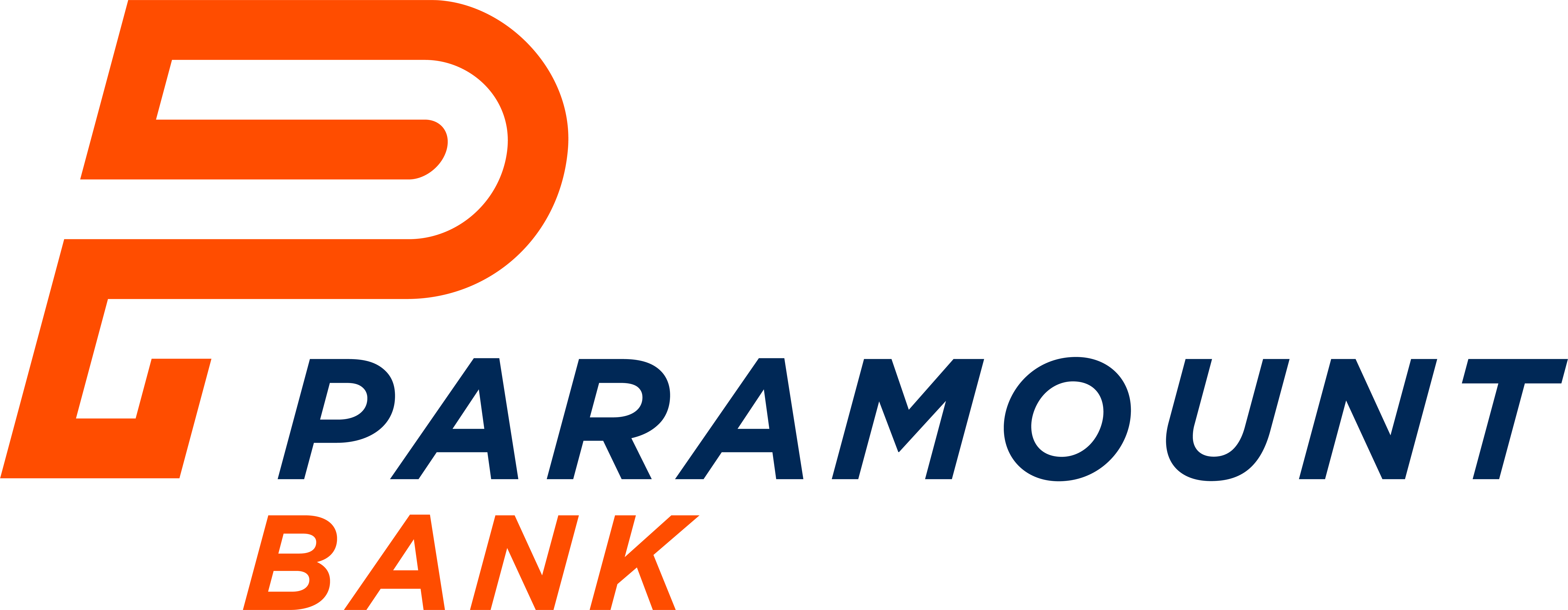
That’s right, new coronavirus scammers are on the rise.
In our previous post, we talked about coronavirus scammers who target elderly Americans.
Now, the FTC is warning of a new threat: old-fashioned text/email/phone spam. That’s right, scammers are now brazen about their attempts at defrauding you.
Here are some key data points and takeaways from the FTC:
- From January 1 until today, the FTC has gotten 18,235 reports related to COVID-19, and people reported losing $13.44 million dollars to fraud.
- The top complaint categories relate to travel and vacations, online shopping, bogus text messages, and all kinds of imposters.
- While reports of robocalls are way down overall, we’re now hearing about callers invoking the COVID-19 pandemic to pretend to be from the government, or making illegal medical or health care pitches, among other topics.
- The big states have, not unexpectedly, the biggest number of reports. You can check out how many people are reporting what in your state.
Top Coronavirus Scams
If you’ve recently been attempting to get money back for a cancelled flight or vacation – beware.
You’ll also want to be wary of where you share your credit card information online. Shopping at a brick-and-mortar shop may not be an option. Be sure you’re on the suppliers proper website. Amazon, Walmart, Target, use secure encryption to protect your credit card information.
Lastly, you’ll want to be prepared for faux-government employees calling you about refund checks.
Millions of Americans qualify for $1,200 per adult and $500 per child, thanks to the CARES Act. However, you shouldn’t expect a call from someone at the IRS or Treasury department to verify your bank account information.
Update Your New Information
The IRS will have all of your direct deposit or bank-related information on file, based on your filed tax forms. If you have not filed your taxes in 2019, the IRS will use your 2018 taxes and bank information. If you need to update your bank account, or verify that your information is correct, here is how the IRS plans to help:
“In the coming weeks, Treasury plans to develop a web-based portal for individuals to provide their banking information to the IRS online, so that individuals can receive payments immediately as opposed to checks in the mail.”
Be safe, and beware the scammers. We’re all in this together!

